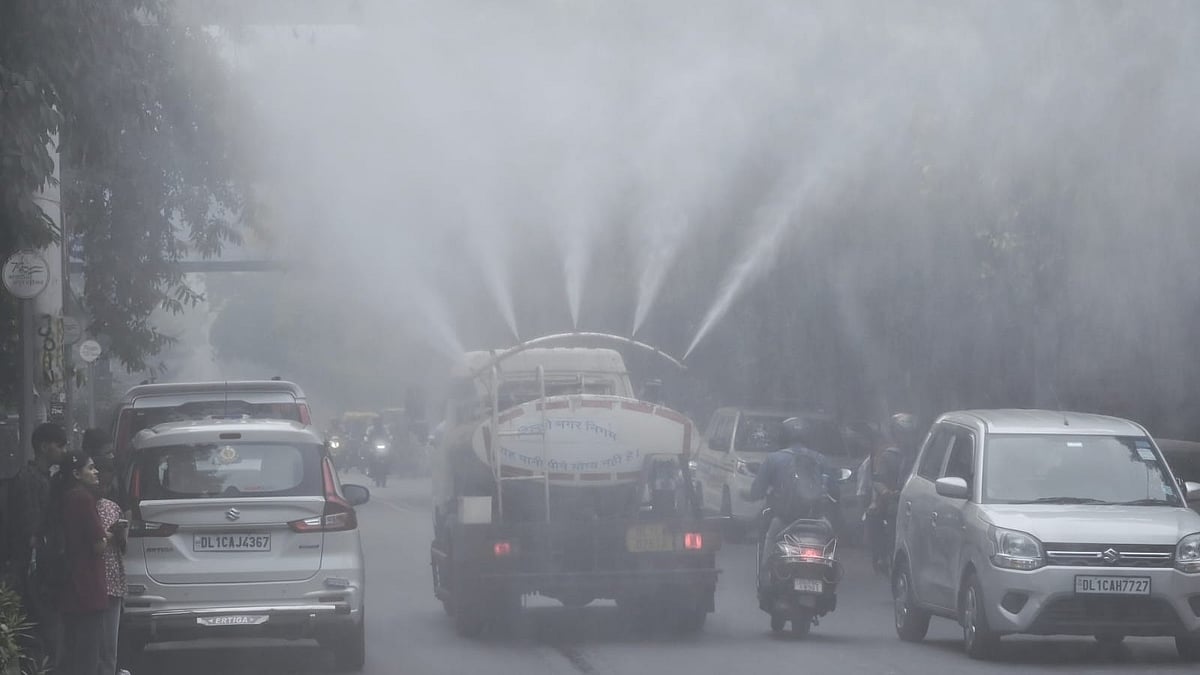POLITICS
Congress questions Delhi govt’s Rs 34-cr ‘headline-grabbing’ cloud seeding drive
Jairam Ramesh calls it an “expensive illusion” that offers spectacle but little substance in tackling the capital’s worsening air crisis

Senior Congress leader Jairam Ramesh on Sunday, 2 November, launched a scathing critique of the Delhi government’s Rs 34-crore cloud seeding experiment, calling it an “expensive illusion” that offers spectacle but little substance in tackling the capital’s worsening air crisis.
Citing multiple expert bodies and recent scientific findings, Ramesh accused the BJP-led government of ignoring clear warnings from national agencies and independent experts, and of pursuing the controversial project merely to create the impression of action.
“Winter cloud seeding certainly looks dramatic and gives the illusion that something substantial is being done,” Ramesh said. “But when overwhelming scientific consensus raises doubts about its efficacy, is it wise to treat it as anything more than a headline-grabbing measure?”
The Congress leader referred to a written reply in the Rajya Sabha on 5 December 2024, where the Union minister of state for environment, forest and climate change stated that three specialised agencies — the Commission for Air Quality Management (CAQM), the Central Pollution Control Board (CPCB), and the India Meteorological Department (IMD) — had unequivocally advised against conducting cloud seeding operations in winter to improve Delhi’s air quality.
Published: undefined
Ramesh also drew attention to a fresh report issued on 31 October 2025 by the Centre for Atmospheric Sciences at IIT Delhi, which underscored that winter cloud seeding would not yield any significant improvement in the capital’s toxic air. The report, he noted, directly contradicted the government’s claims that the experiment would bring measurable relief.
“Getting a ‘slight improvement in a limited area for a day or two,’ as is now being claimed, is really a cruel joke,” Ramesh said, accusing the Delhi government of prioritising optics over science.
The Congress veteran’s remarks come at a time when Delhi continues to reel under a hazardous smog blanket, with Air Quality Index (AQI) levels crossing 400 in several parts of the city — a grim reminder of the capital’s chronic pollution woes.
Ramesh’s statement adds to a growing chorus of skepticism from environmental scientists and policy experts, many of whom have described the cloud seeding plan as a “symbolic gesture” that diverts funds from long-term solutions like industrial regulation, waste management, and clean transport infrastructure.
As the debate intensifies, the Rs 34-crore experiment — billed as a bold innovation — now risks being remembered less as a breakthrough and more as a costly mirage in Delhi’s long and troubled battle with smog.
Published: undefined
Follow us on: Facebook, Twitter, Google News, Instagram
Join our official telegram channel (@nationalherald) and stay updated with the latest headlines
Published: undefined